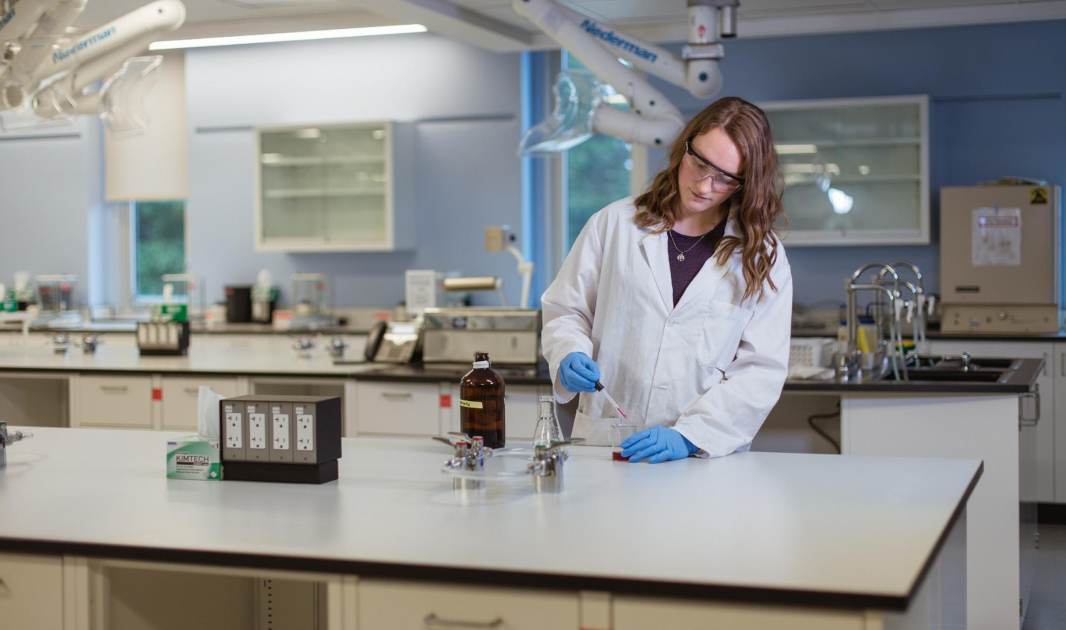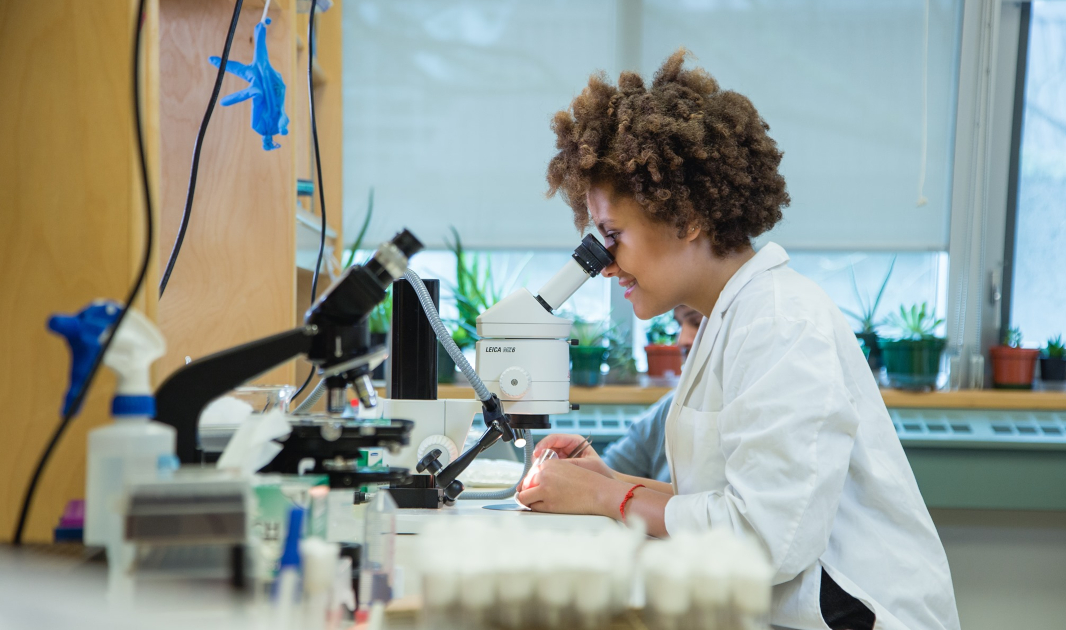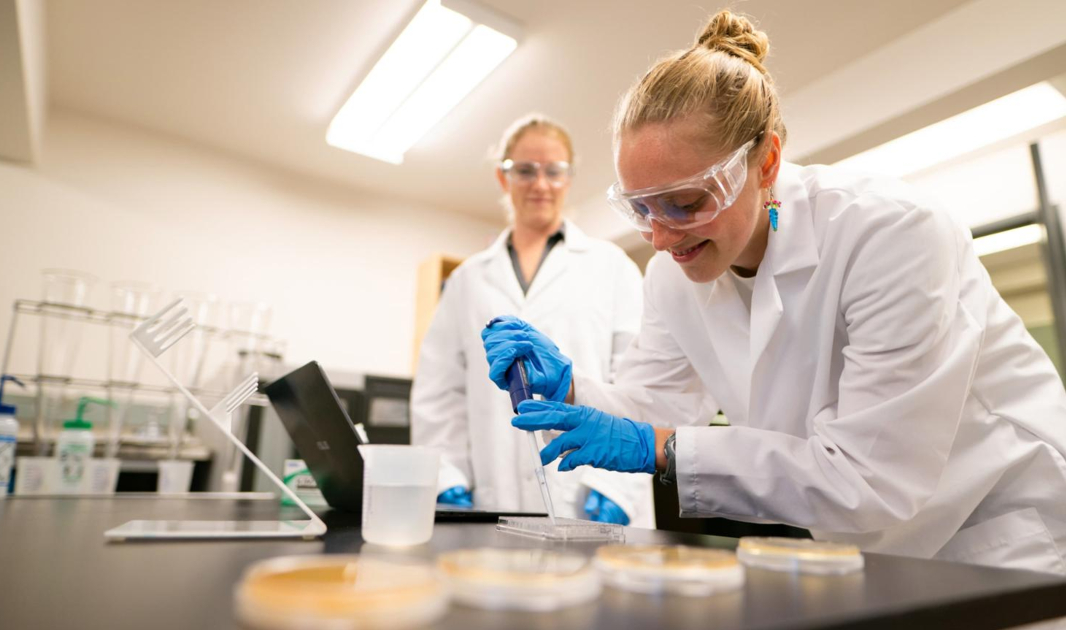Chemistry plays a key role in pioneering the modern developments of our time.
With the world developing an increasing awareness for the need to become more eco-friendly, a pair of scientists decided it was time for chemistry to ‘go green’ too.
Created by Paul Anastas and John Warner, the 12 Principles of Green Chemistry now serve as an outline for how to minimise the environmental and health impacts of chemical production.

1. Prevention
This principle asserts that it’s far more eco-friendly to prevent waste, as opposed to cleaning it up after it’s already been created.
2. Atom Economy
In a bid to further reduce waste, the concept of an Atom Economy suggests that all synthetic methods should be designed to incorporate as many materials as possible into the final product.
3. Less Hazardous Chemical Syntheses
The chemical industry wreaks havoc on the environment. The principle of Less Hazardous Chemical Syntheses exists to encourage manufacturers to create substances that are less toxic to humans and the environment.
4. Designing Safer Chemicals
While chemicals should still retain their desired function, manufacturers should place an emphasis on minimising toxicity.
5. Safer Solvents and Auxiliaries
Auxiliary substances such as solvents and separation agents should be eliminated where possible, and non-toxic when used. For example, Greener Solvents.
6. Design for Energy Efficiency
Manufacturers should be aware of the energy requirements of chemical production, and take steps to minimise environmental and economic impacts.

7. Use of Renewable Feedstocks
Rather than use depleting feedstocks, raw materials should be renewable, for example Biobased Solvents.
8. Reduce Derivatives
In a bid to further reduce waste, the unnecessary derivatisation should be minimised, and eliminated completely where possible.
9. Catalysis
As a general rule, all catalytic reagents should be prioritised over stoichiometric reagents.
10. Design for Degradation
When designing chemical products engineers should ensure that at the end of their lifecycle they break down into innocuous degradation products that don’t harm the environment.
11. Real-time analysis for Pollution Prevention
Researchers should focus on developing analytical methodologies in order to launch real-time, in-process monitoring that prevents the formation of toxic substances.
12. Inherently Safer Chemistry for Accident Prevention
When choosing substances for use in chemical processes scientists should choose materials that minimise the risk of chemical accidents.
Evolve expert view
Fiona Cachia, Quality Customer Service Coordinator at Evolve, said: ‘The aim of green chemistry is to reduce chemical-related impact on human health and virtually eliminate contamination of the environment through dedicated, sustainable prevention programmes.
‘Green chemistry searches for alternative, environmentally friendly reaction media and at the same time strives to increase reaction rates and lower reaction temperatures.’
Here to support you
Evolve is proud to be the fastest-growing science company in Malta. We offer a comprehensive range of scientific products and services, from supplying the latest microscopes to award-winning lab design and the turnkey installation of medical cannabis facilities.
With our team of experts, you can chat to us about science products and planning for your business sector, and tap in to our knowledge.
For assistance, call us on +356 2248 9900 or email info@evolveltd.eu
Good to know
Be the first to hear our latest news, ideas and initiatives from Evolve
Something else we can help you with?
Evolve is Malta’s fastest-growing science company for laboratory design services, high quality lab supplies and chemicals, as well as specialist scientific and medical equipment.
Our international customers include major pharmaceutical companies, medical cannabis firms, hospitals, schools, universities, public laboratories and the oil and gas sectors.
If you’d like to speak to one of our experts on how Evolve can help your next science-led project, please get in touch with us today.


